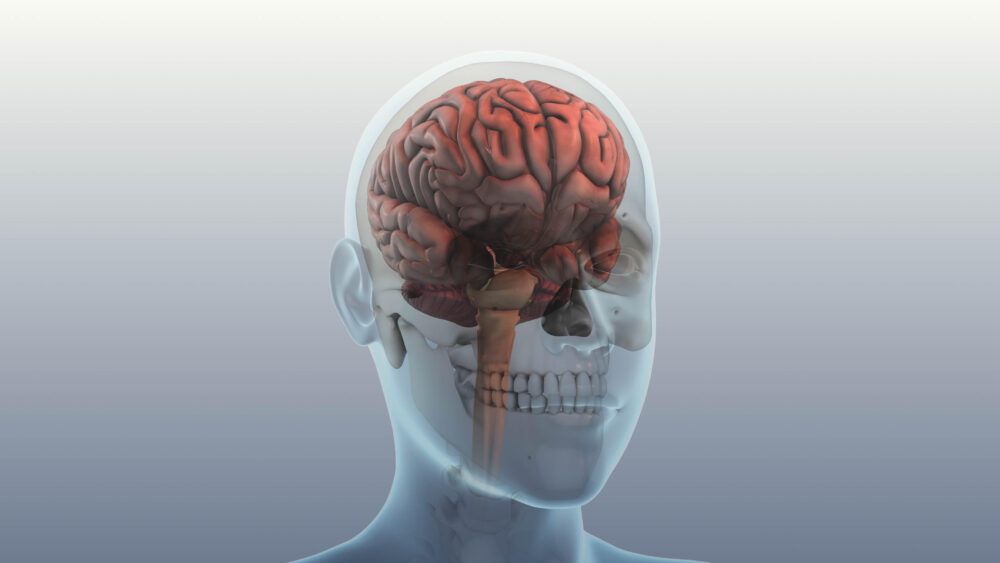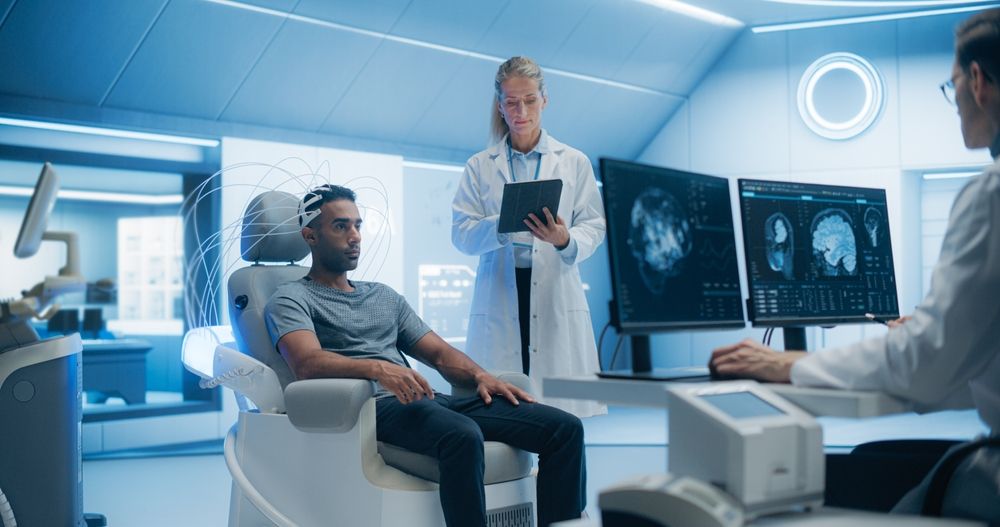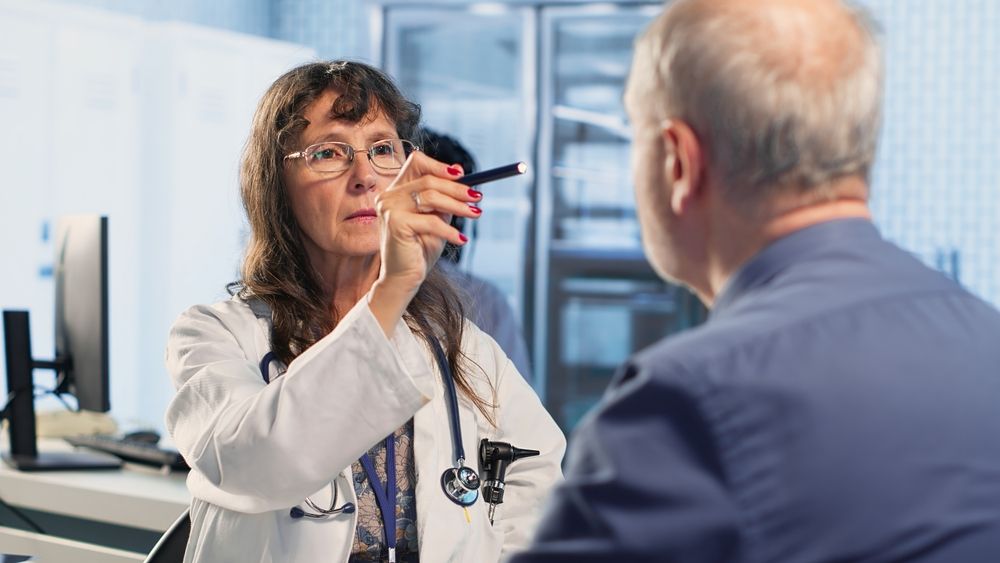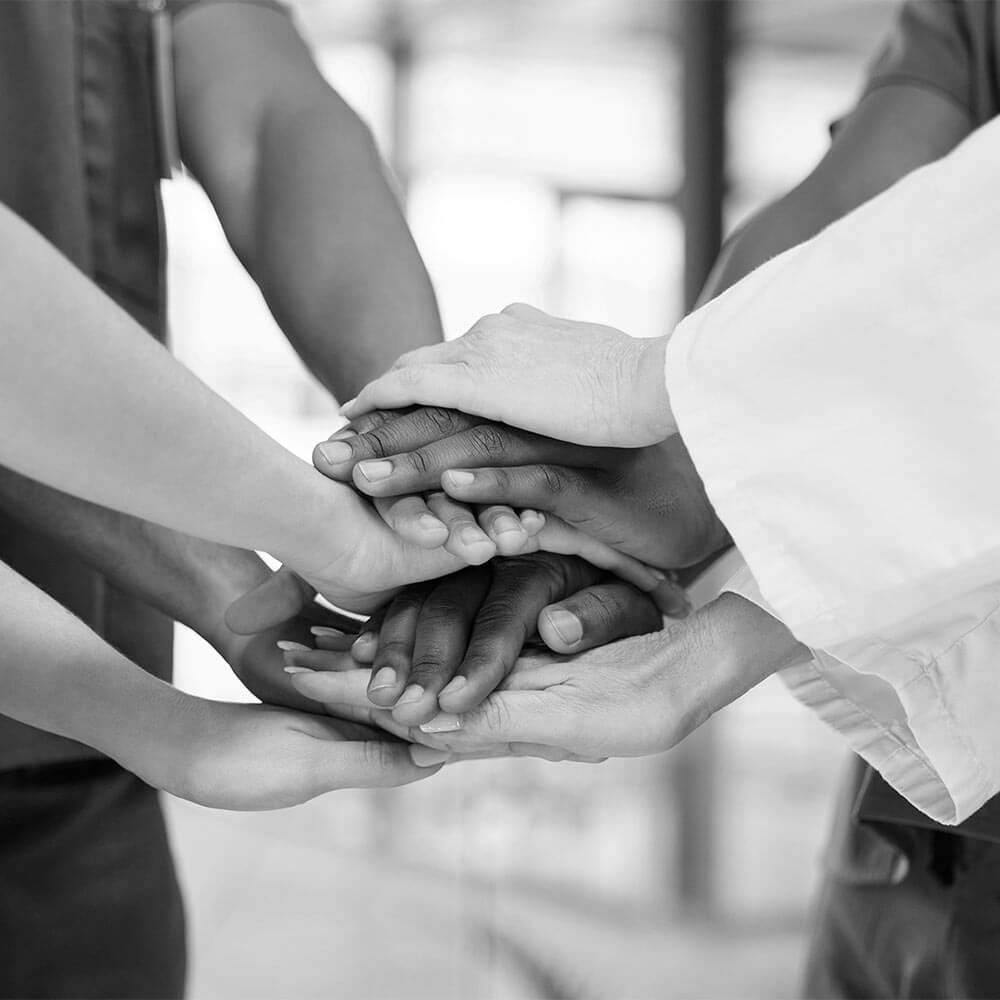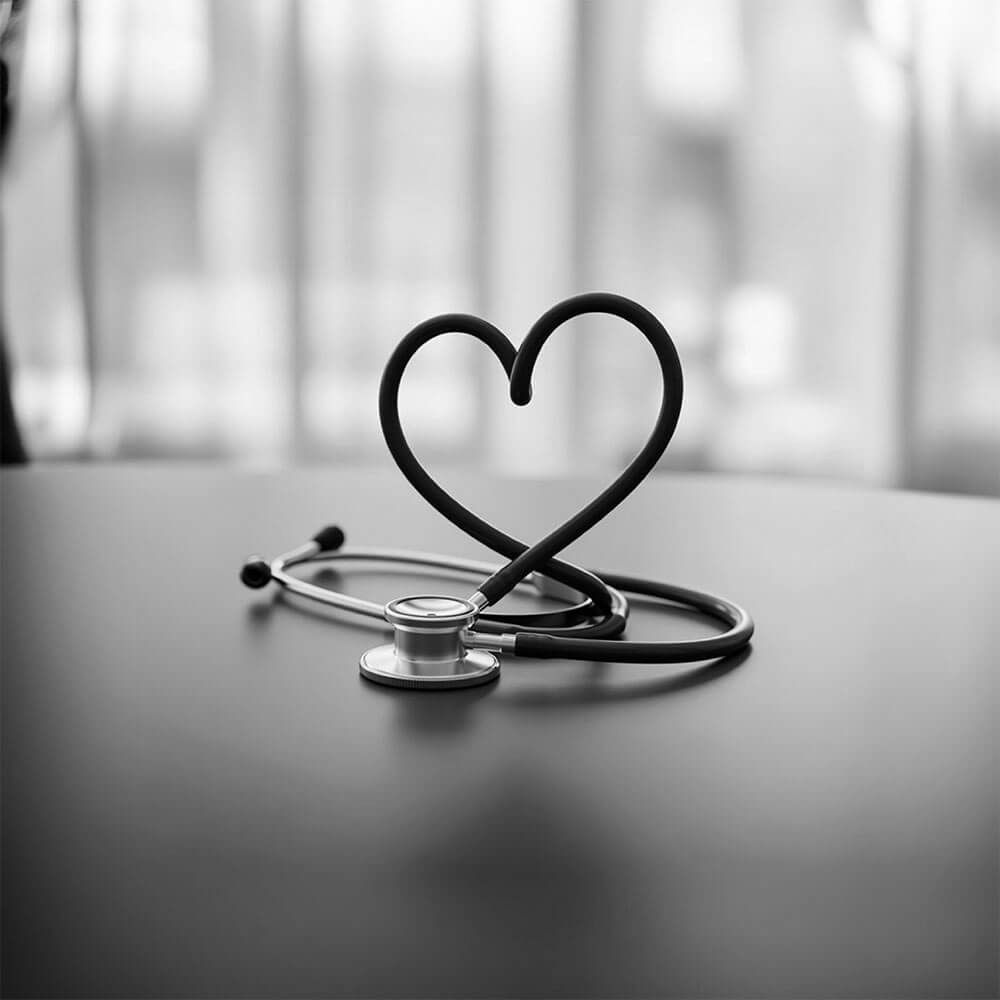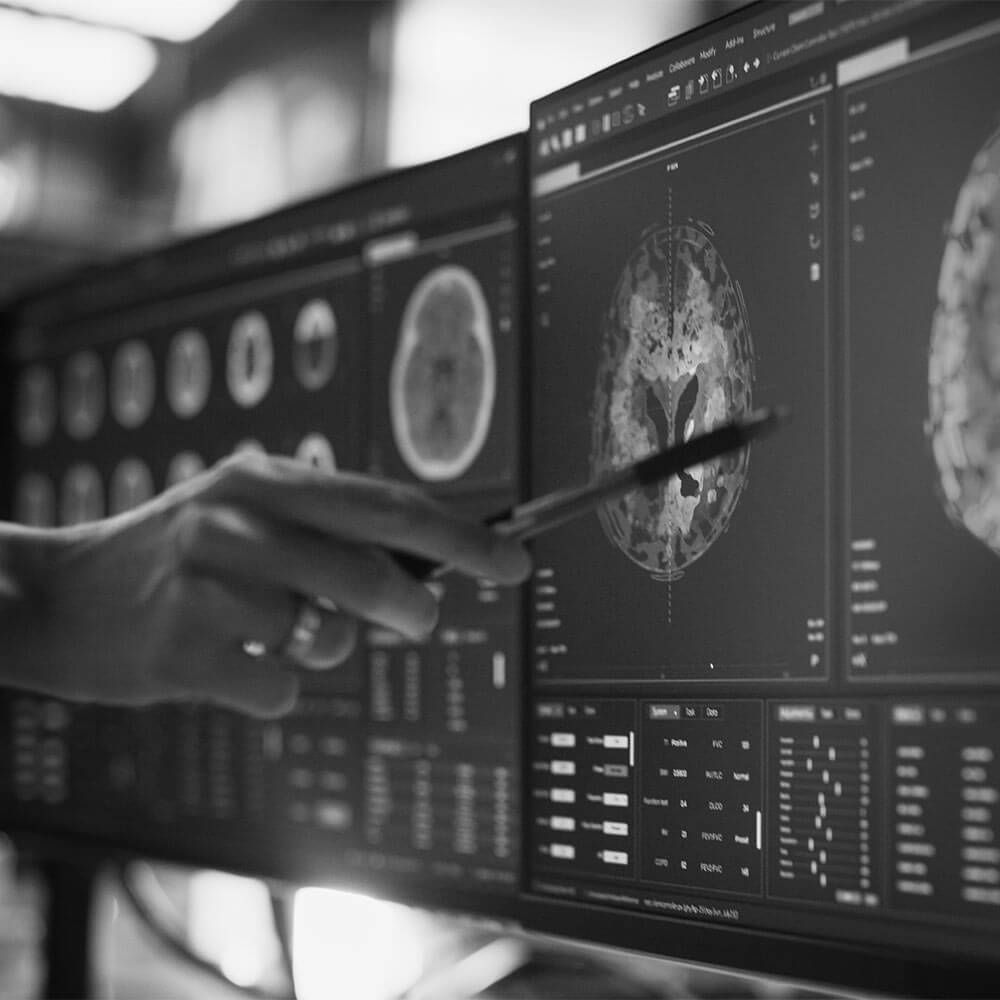Please add this to the website for APRIL’s Blog
Navigating the recovery journey from a concussion, particularly in the context of mild Traumatic Brain Injury (mTBI), is akin to setting sail on uncharted waters. Every patient’s experience is uniquely their own, influenced by myriad factors including the severity of the injury, individual health history, and the support system at their disposal. Herein, we aim to demystify this journey, offering insights and guidance for those finding their footing in the wake of a concussion.
Understanding mTBI: A Primer
Mild Traumatic Brain Injury, colloquially known as a concussion, is a condition that has garnered significant attention in both medical communities and public discourse. Characterized by a temporary disruption of normal brain function following a head injury, symptoms can range from headaches, confusion, and dizziness, to more severe cognitive and emotional disturbances. It’s imperative to acknowledge that while the term ‘mild’ may suggest a negligible concern, the impact on an individual’s daily life and mental health can be anything but.
The Immediate Aftermath and Seeking Help
In the immediate aftermath of a concussion, it becomes crucial to seek medical attention. A healthcare professional can assess the severity of the injury and provide an initial roadmap for recovery. This period often involves rest and a temporary step back from daily activities, including work, school, and physical exercise. Such measures, though potentially frustrating, are pivotal in mitigating the risk of exacerbating symptoms.
The Recovery Landscape
The recovery landscape from an mTBI is varied and non-linear. It encompasses several dimensions:
– Physical Rest and Rehabilitation: Initially, physical rest is paramount to recovery. Gradually, based on medical advice, patients can reintroduce light physical activity, eventually progressing to more standard exercise routines tailored to their recovery stage.
– Cognitive Rest: Just as the body needs rest to heal, the brain requires a reprieve from cognitive stressors. This might mean taking a break from screens, reading, and even limiting exposure to noisy environments.
– Professional Support: Engaging with professionals specializing in mTBI recovery, such as neurologists, physiotherapists, and occupational therapists, can significantly enhance the recovery process. They can offer strategies and therapies to address specific symptoms and challenges.
– Community and Support Groups: Sometimes, the most profound insights and encouragement come from those who have tread a similar path. Support groups and communities, both in-person and online, can offer invaluable resources and companionship through recovery.
Long-term Management and Adaptation
For some, symptoms may linger beyond the initial recovery phase, a condition known as post-concussion syndrome. This phase demands a tailored approach, often involving a multidisciplinary team to address the complex web of cognitive, physical, and emotional challenges. Adaptation becomes a key theme, with strategies and modifications to daily life ensuring that individuals can continue to lead fulfilling lives despite ongoing symptoms.
Embracing the Journey
The journey through mTBI recovery is undeniably challenging, marked by ups and downs, successes and setbacks. However, it is also a journey of resilience, learning, and growth. Embracing this journey, with its inherent uncertainties and discoveries, can transform the experience of recovery into an opportunity for profound personal development.
In closing, while the path following a concussion can be arduous and fraught with uncertainty, it’s a journey you need not walk alone. With the right support, information, and care, navigating the recovery from an mTBI is not just about returning to a baseline but about moving forward, perhaps even with a newfound appreciation for the resilience of the human spirit.

